On April 22, 2025, the serene town of the Pahalgam attack in Jammu and Kashmir, often dubbed the “Mini Switzerland” of India, was jolted by a brutal terrorist attack that claimed the lives of 26 individuals, predominantly Hindu tourists. This incident, the deadliest in the region since the 2008 Mumbai attacks, has not only shattered the tranquility of the valley but also reignited tensions between India and Pakistan.
The Fateful Day: April 22, 2025

The attack unfolded in the picturesque Baisaran Valley, a meadow surrounded by dense pine forests, accessible only by foot or horseback. Five militants, armed with AK-47s and M4 carbines, infiltrated the area, targeting tourists who had ventured there to experience its natural beauty. Eyewitness accounts reveal that the assailants segregated the victims based on religion, asking them to recite Islamic verses or checking for circumcision, before executing them at close range. Among the deceased were individuals from various Indian states, as well as foreign nationals from Nepal and the United Arab Emirates. Wikipedia
The Perpetrators: The Resistance Front
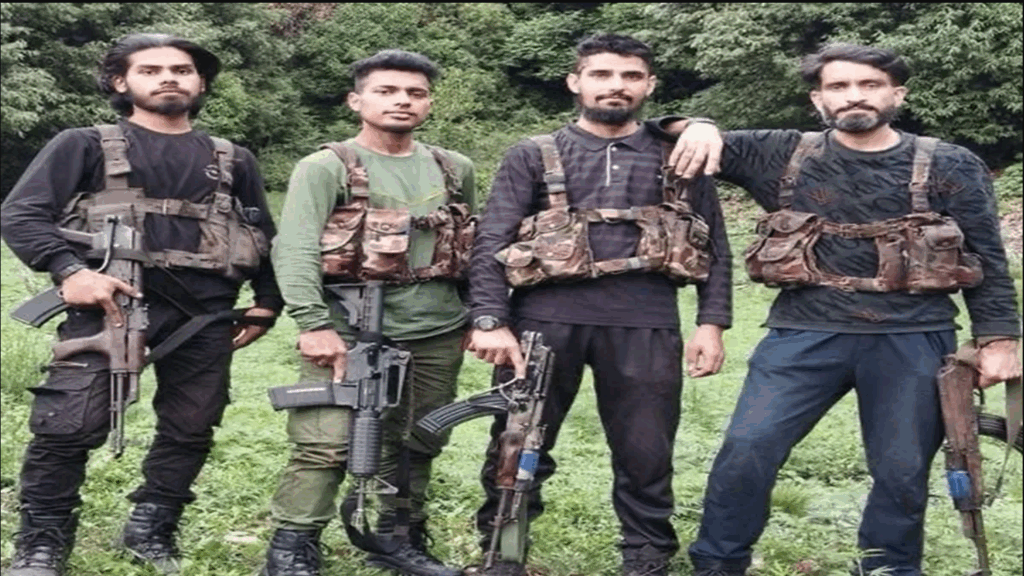
The Resistance Front (TRF), an offshoot of the Pakistan-based terrorist organization Lashkar-e-Taiba, claimed responsibility for the massacre. According to their statement, the attack was a response to alleged demographic changes in the Kashmir Valley, opposing the settlement of non-Kashmiris in the region. Indian intelligence agencies identified Saifullah Kasuri, alias Khalid, a top LeT commander, as the mastermind behind the operation.
Immediate Aftermath and Rescue Efforts
In the wake of the attack, local residents, including members of the pony-handlers association, played a crucial role in rescuing the injured, transporting them on ponies and improvised stretchers to nearby medical facilities. Emergency services airlifted critically injured victims to military hospitals in Srinagar. Gurudwaras in the region opened their doors to shelter tourists fleeing the valley, and a helpline was established to assist affected individuals. Wikipedia
National and International Repercussions
The Indian government responded swiftly, with Prime Minister Narendra Modi cutting short his visit to Saudi Arabia to chair a high-level security meeting. Subsequently, India suspended the Indus Waters Treaty with Pakistan, revoked visas for Pakistani nationals, expelled Pakistani diplomats, and closed border crossings. In retaliation, Pakistan suspended visas for Indian nationals, closed its airspace to Indian aircraft, and suspended the Shimla Agreement.
The international community expressed concern over the escalating tensions. While the United Nations condemned the attack and urged restraint, countries like Iran offered to mediate between the two nuclear-armed neighbors. AP News
Security Measures and Investigations
In response to the attack, Indian security forces launched a large-scale manhunt for the perpetrators, focusing on the forested areas near Pahalgam. The National Investigation Agency (NIA) released sketches of three suspects, believed to be linked to Lashkar-e-Taiba, with at least two identified as Pakistani nationals. To prevent future incidents, the Indian government is considering permanent deployment of Army and paramilitary personnel in the region, especially ahead of the upcoming Amarnath Yatra.
Public Sentiment and Unity
The attack has evoked a strong emotional response across India. In Kashmir, candlelight vigils and protests were held, with residents expressing grief and condemning the violence. Mirwaiz Umar Farooq, a prominent Kashmiri leader, stated in his sermon that “Kashmiris stand shoulder to shoulder with the victims,” emphasizing unity in the face of terror.
Conclusion
The 2025 Pahalgam attack stands as a grim reminder of the persistent threats to peace and stability in the region. While the incident has reignited geopolitical tensions, it has also showcased the resilience and unity of the people, both in Kashmir and across India. As the nation mourns the loss of innocent lives, there is a collective resolve to combat terrorism and uphold the values of peace and harmony.





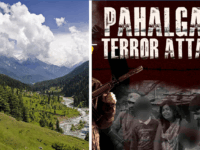
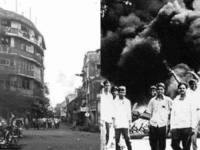
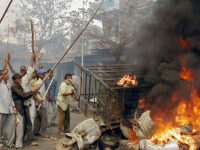















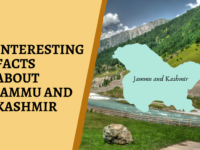


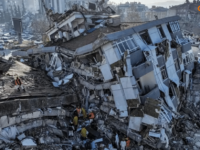



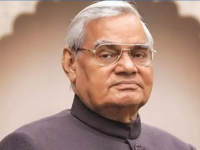









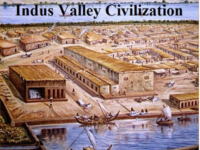









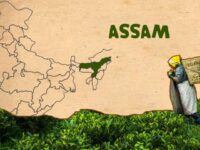




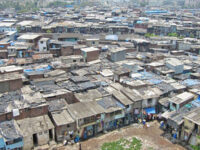
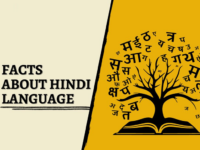
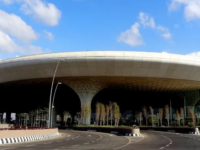









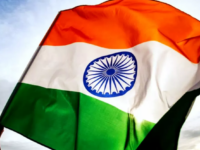


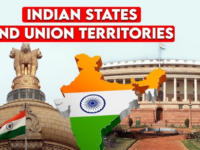


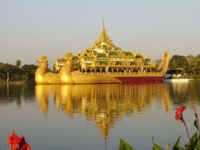



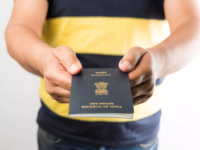








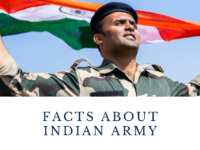





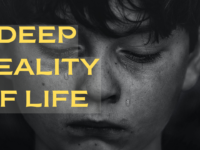









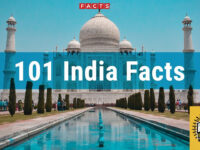
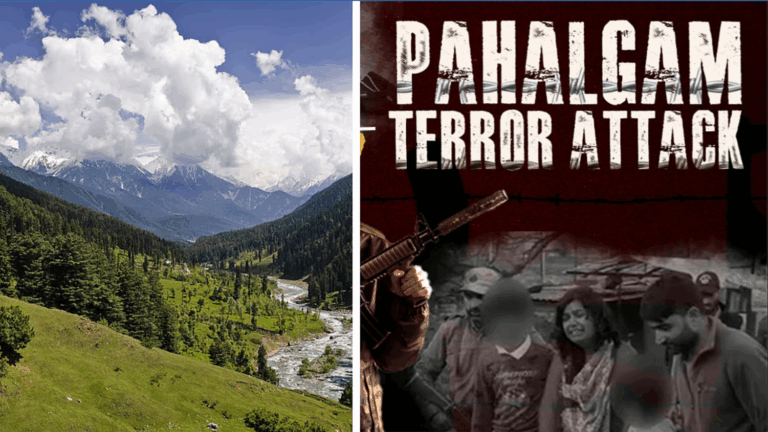
0 Comments